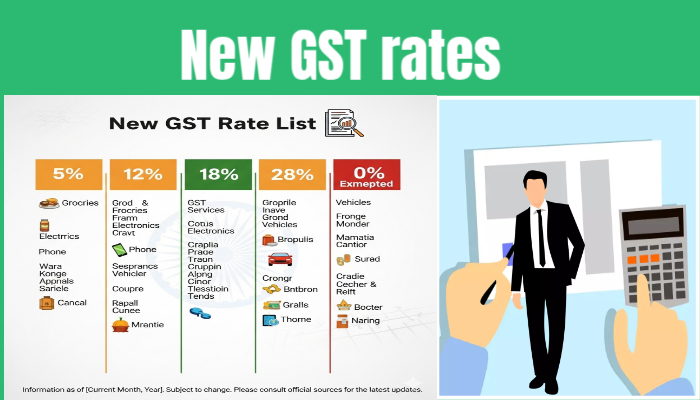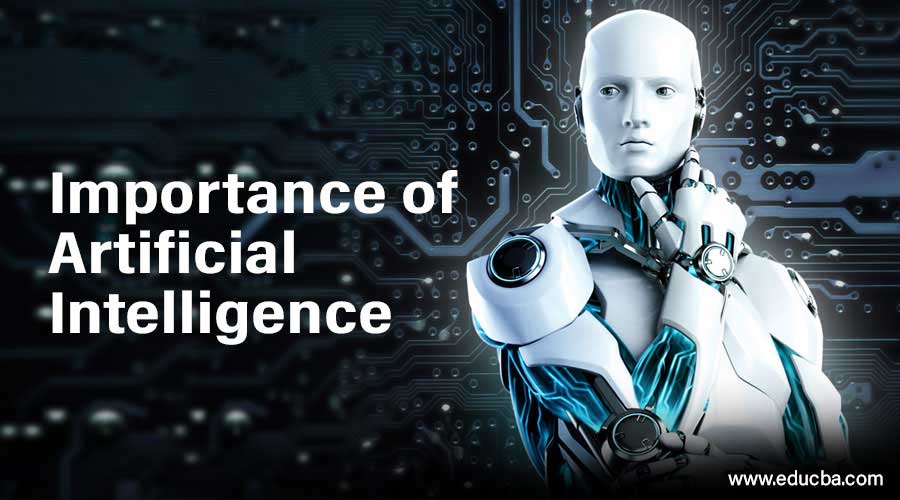10 best vegetable to eat Daily for a Healthier, Longer Life
Introduction When we talk about living a long and healthy life, food is one of the most important factors. Among all types of food, vegetables are considered nature’s best gift to us. They are full of vitamins, minerals, and fiber that help our body stay strong. But with so many choices, people often wonder: what is the best vegetable to eat every day? In this blog, we will explore the 10 best vegetables that you should add to your meals daily. These vegetables will not only improve your health but also support you in living a longer life. The Importance of Vegetables in Daily Diet Vegetables are low in calories but high in nutrition. Doctors and health experts always recommend eating a variety of vegetables for better immunity, heart health, and digestion. Choosing the best vegetable to eat daily helps reduce the risk of diseases like diabetes, obesity, and high blood pressure. Eating vegetables also gives your body antioxidants, which fight harmful substances and keep you young and active. This is why vegetables are called “superfoods.” 1. Spinach – The Green Superfood Spinach is often ranked as the best vegetable to eat daily. It is rich in iron, Vitamin K, and magnesium, which keep your bones strong and your blood healthy. Spinach also improves eye health and helps in controlling blood pressure. You can add spinach to soups, salads, or smoothies for an easy health boost. 2. Broccoli – The Immunity Booster Broccoli is another top choice when looking for the best vegetable to eat. It is loaded with Vitamin C, fiber, and antioxidants that protect your body from infections and diseases. Broccoli also supports heart health and helps in detoxification. Steamed broccoli or broccoli stir-fry is both delicious and healthy. 3. Carrots – Good for Eyesight Carrots are famous for improving vision because they are rich in beta-carotene, which turns into Vitamin A in our body. This makes carrots one of the best vegetables to eat for eye health. Carrots also improve skin, boost immunity, and add natural sweetness to meals. You can eat them raw, steamed, or in soups. 4. Tomatoes – Rich in Lycopene Tomatoes are not just tasty, but they are also among the best vegetables to eat daily. They contain lycopene, an antioxidant that reduces aging signs and supports heart health. Tomatoes are also rich in Vitamin C, which improves immunity. Cooking tomatoes slightly helps your body absorb lycopene better. 5. Kale – The Nutrient King Kale is often called the “king of greens” because it is packed with vitamins and minerals. It is one of the best vegetables to eat for strong bones, detoxification, and reducing inflammation. Kale can be added to smoothies, salads, or lightly sautéed with olive oil for a tasty side dish. 6. Bell Peppers – Full of Vitamin C Bell peppers come in many colors and are loaded with Vitamin C. They are one of the best vegetables to eat for immunity and skin health. Bell peppers also add crunch, sweetness, and color to your plate. You can eat them raw in salads or cook them in stir-fries. 7. Garlic – The Heart Healer Garlic is more than a spice; it is considered one of the best vegetables to eat for heart health. Garlic contains allicin, a compound that lowers blood pressure and cholesterol. It also boosts immunity and protects against infections. Adding fresh garlic to your meals can give you both flavor and health benefits. 8. Cauliflower – Light and Healthy Cauliflower is a low-calorie vegetable full of fiber and antioxidants. It supports digestion and weight management, making it one of the best vegetables to eat for fitness and overall health. Cauliflower can be steamed, roasted, or even used as a substitute for rice or pizza base. 9. Green Beans – Good for Heart and Bones Green beans are rich in Vitamin K, folate, and fiber. They are among the best vegetables to eat daily for maintaining bone strength and heart health. Green beans also improve digestion and help with weight control. You can boil, steam, or sauté them for a healthy side dish. 10. Sweet Potatoes – Natural Energy Source Sweet potatoes are full of beta-carotene, Vitamin C, and fiber. They are the best vegetable to eat for energy and gut health. Sweet potatoes also help in controlling blood sugar levels and keep you full for longer. They taste great when baked, boiled, or mashed. Tips to Add These Vegetables to Your Meals Mix and match at least 3 vegetables daily for balanced nutrition. Use different cooking styles like steaming, roasting, or stir-frying. Keep your meals colorful – more colors mean more nutrients. Buy seasonal and local vegetables for maximum freshness. Including the best vegetable to eat in your meals does not have to be difficult. Small changes can make a big difference. Mistakes to Avoid Overcooking vegetables: This removes nutrients. Light cooking is best. Eating only one type: Variety is important for complete nutrition. Skipping seasonal produce: Fresh and local vegetables are healthier. By avoiding these mistakes, you can enjoy the maximum benefits of the best vegetable to eat every day. Conclusion Vegetables are truly the foundation of a healthy diet. From spinach and broccoli to sweet potatoes and garlic, each vegetable has unique health benefits. By adding these 10 options to your daily meals, you will strengthen your body, improve immunity, and increase your chances of living a longer life. Remember, the best vegetable to eat is the one you can enjoy daily and make a part of your lifestyle. Start today by adding 2–3 vegetables from this list to your meals. Your body and future self will thank you for it.



